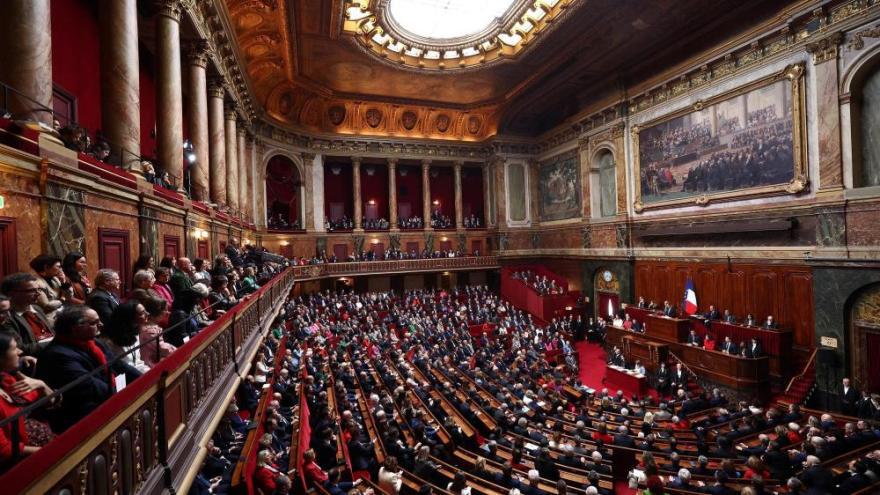Tinder Users Suffer Low Self-Esteem and Body Disatisfaction - Dispatch Weekly
August 6, 2016 - Reading time: 4 minutes

According to research conducted in the US, people who use the hook-up dating app, Tinder have a more negative self-perception compared to non-users.
The Research
The study was presented at the annual conference of the American Psychological Association and aimed to investigate how users of the app and non-users feel about their physical appearance.
The findings were worrying since those who used the app had lower self esteem and their body image was more likely to be negative.
The study examined 1317 students from two American universities where 70 women and 32 men used Tinder. The study focused mostly on female undergraduate students including 1,044 women and 272 men.
The survey asked questions regarding body image, objectification, psychological wellbeing and sociocultural factors.
The ten percent of the study who were Tinder users experienced lower body satisfaction, which led to lower self-esteem compared to those who did not use the app
Professor Jessica Strübel of the University of North Texas said:
‘We found that being actively involved with Tinder, regardless of the user’s gender, was associated with body dissatisfaction, body shame, body monitoring, internalisation of societal expectations of beauty, comparing oneself physically to others, and reliance on media for information on appearance and attractiveness.’
De-personalization
Professor Jessica Strübel added that depersonalization was caused due to the process of constant selection of swiping left for no or right for yes. The sheer volume of people on the app meant that social interactions were cut off and there was a heightened awareness of physical appearance.
Digital devices could potentially have more harmful effects than traditional media due to convenience and hours spent swiping.
Strübel said, “‘The objectifying effects of social media platforms, however, may be more pernicious than those associated with more traditional media outlets for example TV and magazines, because of its round the clock availability and constant scrutiny and evaluation by others.”
She suggested that those with lower self-esteem were more likely to be attracted to dating apps.
Social Media and Comparison Culture
The rise in digital apps and social media sites has been blamed for poor self-esteem due to twenty-four hour coverage.
Whereas one might have phoned or told a piece of news to a friend in person, it is now more convenient than ever to post it online, getting an immediate response from family and friends.
In a study published in the journal of Social and Clinical Psychology in 2015, one study showed that increased usage of Facebook could led to depression, low self-esteem and jealousy.
Being exposed to an array of photos from friends could result in social comparisons that were often negative
Study author Mai-Ly Steers said, “It doesn’t mean Facebook causes depression, but that depressed feelings and lots of time on Facebook and comparing oneself to others ten to go hand in hand.”
Men More Distressed By Using Tinder
Strubel noted that the culture in believing there was someone better around the corner and continuing to swipe made users question their own self worth.
Although the study was designed for women, surprisingly, men were equally or more affected by low esteem as women.
More research must be done to look at the long-term effects of social media usage. Furthermore, the researchers noted that using different sites might affect users differently.

DW Staff
David Lintott is the Editor-in-Chief, leading our team of talented freelance journalists. He specializes in covering culture, sport, and society. Originally from the decaying seaside town of Eastbourne, he attributes his insightful world-weariness to his roots in this unique setting.




